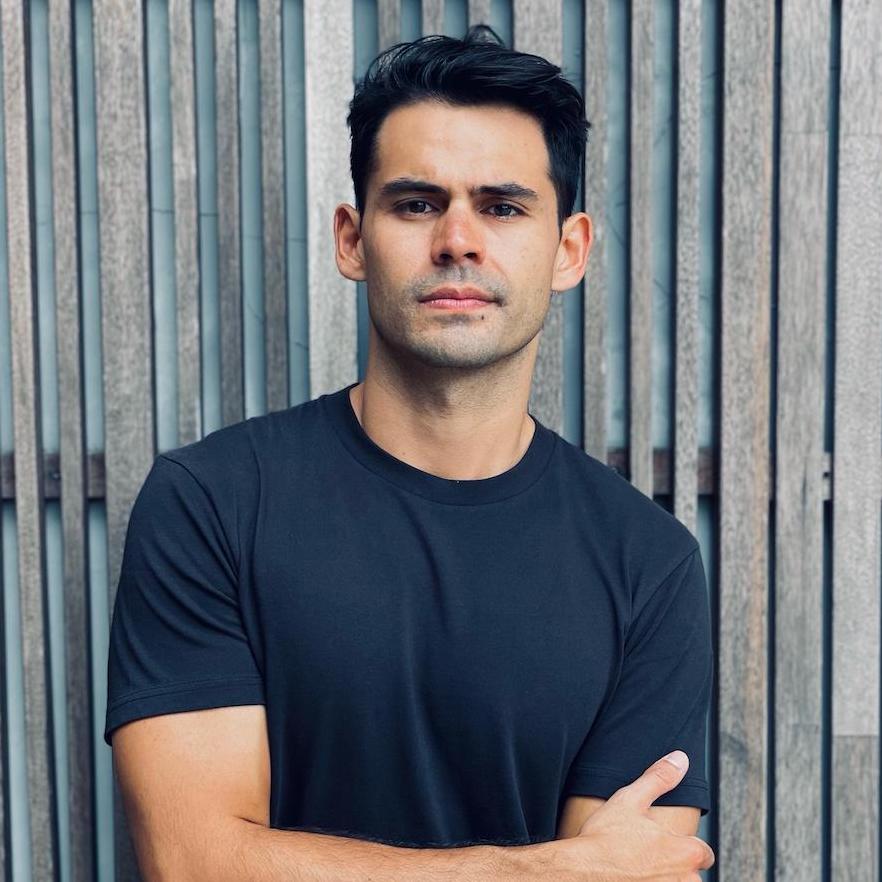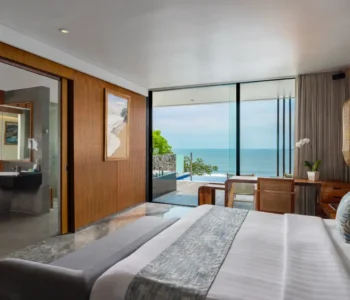The people most exposed to Covid-19 are of course the medical workers who come face-to-face with potential carriers of the virus. NOW! Bali speaks to Dr. Nyoman Suparta of Badung Regional General Hospital to see what life on the front line is really like.
“You’ve been working from home for two months now? How has that been?”, asks Dr.Nyoman Suparta, better known as Dr.Adi. Clearly he hasn’t enjoyed the same luxury as I have since the government applied social distancing protocols. He has come in on a public holiday to meet me, knowing that this would be the only time I could see the facilities safely and also have time for a proper interview with him.
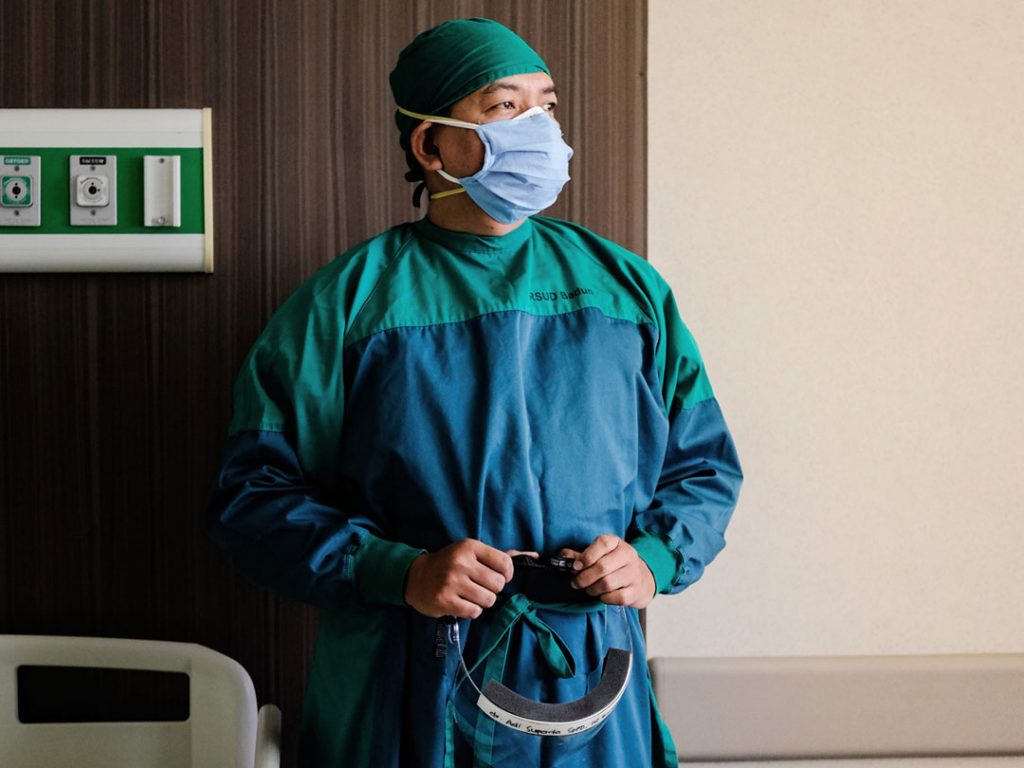
Dr. Adi works at the Badung Regional General Hospital, commonly referred to as Mangusada, and was put on the permanent Covid-19 team here since March. An avid traveller, Dr.Adi was actually booked in for vacation to Germany before the pandemic swept his itinerary clean. Instead of enjoying a good German beer and a bratwurst, he’s swabbing cheeks and taking blood.
He only joined the hospital in November 2019, as an internist, before quickly being thrown into the deep-end like so many other doctors on the island. However, it wasn’t only the doctors that were thrown into the deep-end, many hospitals were too.
“It was hectic in March,” he admits. “At a moment’s notice we had to make the hospital ready to deal with the situation. Regional hospitals like Mangusada never really had the infrastructure to handle such a situation.” Quickly they completely converted their ER into a Covid-19 centre, where tests and isolations could be managed.
They don’t treat Covid-19 patients at Mangusada, only test for cases. Once confirmed they send the patient to Universitas Udayana Hospital in Jimbaran. They’ve had over 200 people coming to check symptoms since March, only around 20 have had to be isolated and less than 10 positive cases. Dr. Adi and his colleagues are constantly called up by ER when they’re off duty, as staff read out symptoms to see if its worthy of a rapid test.
That has been one of the main issues. Lack of resources. Dr.Adi says that they are given a limited number of rapid tests they can administer, meaning only those who have a certain ‘score’ of symptoms (ranging from coughs, high-fever, even x-rayed lungs) are given a rapid test. If that comes up positive, it’s into isolation and a proper swab test is administered (rapid tests have around an 80% accuracy).
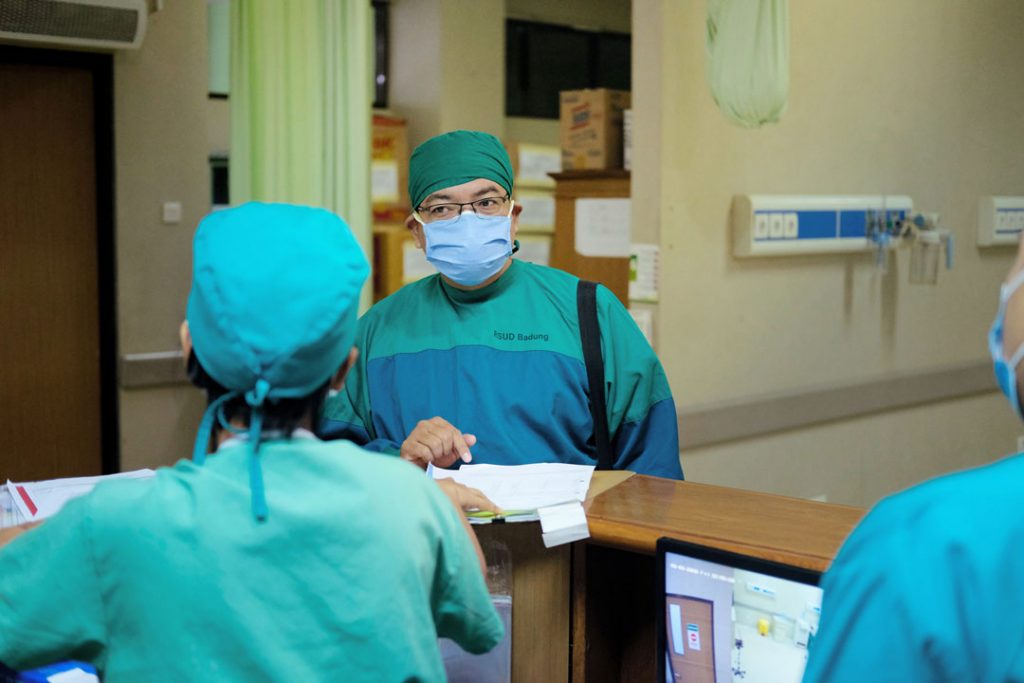
Asking whether the limited rapid tests might explain Bali’s (currently) low number of cases, Dr.Adi says it might be part of the reason. As we know, not everyone displays all the symptoms, or if they do, some will be very mild. He shares a story about one positive case that didn’t even have much of a fever. Looking for the silver lining, he says that it has at least made the doctors pay more awareness to these symptoms. If the tests were given in huge quantities there would no doubt be wastage of the resource. Especially since Bali has had an overlap with a dengue outbreak, which shows many of the same flu-like symptoms, many would have been trigger-happy administering rapid tests over doing their due diligence.
“Ideally, if we really want a good grasp of Covid-19 in Bali we would do mass rapid tests, at least. But it seems the resources are limited; we work with what we have.”
Life on the Line
The Covid-19 team at Mangusada is comprised of around 30 people. A mixture of doctors, nurses and lab technicians. Some of the team are permanently tasked on the Covid situation, whilst others, like Dr.Adi, come in for specialised duties whilst continuing their regular hospital activities with non-Covid patients. The permanent staff aren’t permitted to work on anything else, as they would pose a risk to other areas of the hospital.
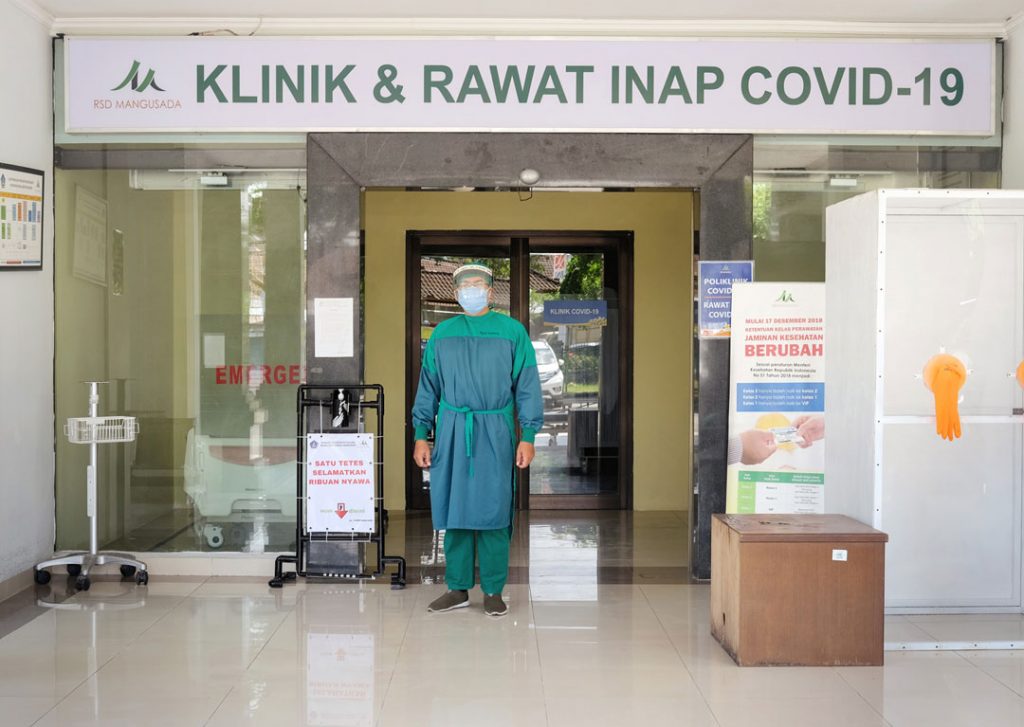
Luckily, the cases have been low and they’ve
managed to keep a regular 3-shift day between them. No one has had to work more
than 7-hours at once, but that doesn’t mean sacrifices aren’t made.
“Most of the nurses don’t see their families for days and days. They don’t want
to risk going home and infecting people, just in case. Thankfully, the hospital
provides accommodation for them.” Adi himself hasn’t been able to visit his
parents in Gianyar either. Life mainly consists of the hospital and home,
staying strict with social distancing measures as they have a high exposure to
the virus.
When the team first started doing tests, many felt the fear. Those initial moments of coming face-to-face with the virus were nerve-racking, and Dr.Adi was often anxious that he had contracted it. “Honestly, it’s only the Personal Protective Equipment (PPE) that gives us a sense of security and comfort,” Dr.Adi confides. The team uses Level 3 PPE (gloves, coveralls, face shields and sometimes a layer of masks), which they treasure. For those on standby, they can’t remove their PPE until the end of the shift – this also means no toilet breaks for 6 to 7 hours.
In the isolation wards, PPE is single-use. Once they’ve come in contact with a suspected patient to do checks or take blood, that’s it, off they come and into the fire they go. They treat suspected patients as if they are positive cases until the tests come back negative. No risks are taken.
Asked if they face any pressures, Dr.Adi says the main one is staying healthy. Not for themselves, but for the rest of the workforce, because the disadvantages stack up. Like playing a game of football with only 10 people, everyone has to put more work in, which can lead to more people getting tired, then sick. That’s why the PPE is so important to them, but also to avoid cases like in Semarang (Central Java) where 46 medical workers from one hospital contracted Covid-19. That would result in the collapse of the hospital.
The State of Bali
At the time of interview, a strange confidence had seemed to rise up among the residents of Bali. Restaurants had decided to open and people were beginning to relax on social distancing protocols. The low cases and a few articles saying ‘Bali seems to be immune’ seems to have pushed all worries aside.
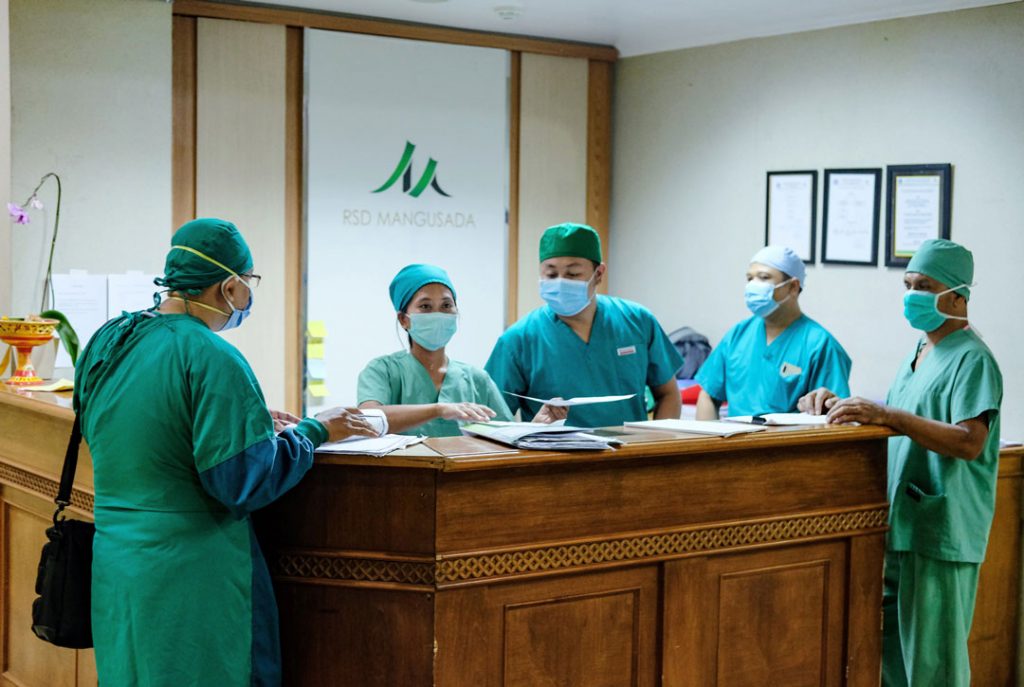
Asking Dr.Adi on whether Bali had passed the peak, he chuckled and shook his head. He and his medical colleagues around the island still feel the peak is coming. “Only on 29 April [2 days before interview] eight people contracted the virus in Bangli from a returning migrant worker. The government had to do mass rapid tests on the community, a total of 2,600 people.” He says that returning Indonesian migrant workers are the biggest risk and pose a potential hidden threat. “We still need to be careful, be patient, wait this thing out.”
I told him about some areas in Canggu where people were still trying to go to the beach, not wearing masks and visibly blasé over the situation. He shook his head in disappointment. “It’s a shame you know, the rapid tests that go to waste, the PPE we have to throw away, that will only increase if people aren’t careful. There is too much to lose because of carelessness.” Not to mention the sacrifices to family and hours on standby he and his team will have to endure if the curve doesn’t stay flat.
Despite this, Dr.Adi seems confident that when the peak comes, the hospital he works at and the other regional hospitals are already prepared. On his weekly calls with other internists, they’re all reminded to be ready for ‘that time’, to stay vigilant and aware.
Remaining positive, I asked Dr.Adi what his plans are for when this whole debacle was over. He let out a big laugh, as he had done many times during our chat, “Well, I’ll finally go on my holiday Germany of course!”

